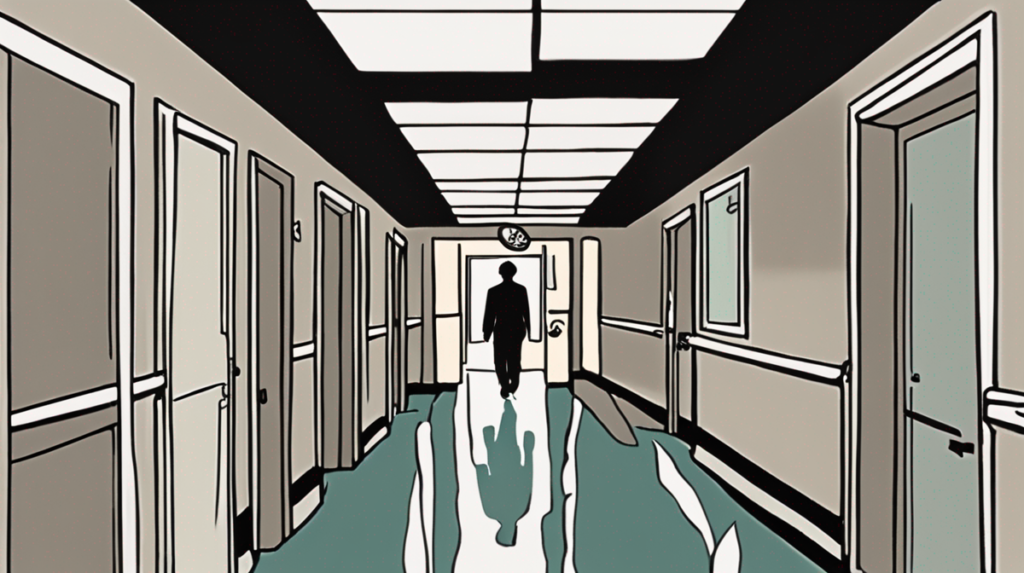Emerging from the chaotic whirl of sirens, split-second decisions, and unrelenting pressures, emergency medicine stands as a field imbued with both grave challenges and profound rewards. This article explores the intricate realm of emergency medicine, offering you a deep dive into the high-stakes world of the medical frontiers, its impact, and practical advice for those involved.
What is Emergency Medicine?
Emergency Medicine is a specialty dedicated to the diagnosis and treatment of unforeseen illness or injury. It covers a vast array of medical issues, from minor fractures and injuries to severe trauma and life-threatening conditions such as heart attacks and strokes.
The Frontline Warriors: Emergency Medicine Physicians
Emergency Medicine Physicians, often overlooked heroes, shoulder the responsibility of making swift, high-stakes decisions that can, quite literally, mean life or death. They handle a diverse array of situations, calling for an equally diverse set of skills and specialties. They must navigate the tumultuous waters of diagnosis, trauma care, and complex medical conditions, often without the benefit of comprehensive medical history.
(Read Also: Precision Medicine: The Vanguard of Revolutionized Healthcare)
Challenges in Emergency Medicine
Despite the advancements in emergency medicine, challenges persist, which are largely pronounced in areas such as overcrowding, threat of physician burnout, and continuity of care. Increased patient volume coupled with limited resources often results in longer wait times, stretching the healthcare system to its limits.
Burnout, characterized by emotional exhaustion, depersonalization, and a diminished sense of personal accomplishment, is further fueled by intense workload, night shifts,and the emotional weight of life-and-death decisions. Meanwhile, continuity of care is often disrupted due to abrupt transitions between healthcare providers, thus compromising the quality and efficacy of patient care.
Finding Resilience and Reward on the Frontlines
Despite the challenges, there is an undeniable sense of fulfillment derived from making real-time, pivotal decisions that directly impact patient’s lives. And beyond the medical outcomes, there’s the invaluable human connection. In the midst of trauma and uncertainty, physicians can offer comfort and reassurance, establishing a unique bond with the patients and their families.
Practical Advice for Emergency Medicine Practitioners
For those practicing emergency medicine, it’s essential to maintain mental and physical well-being. Regular exercise, good nutrition, restful sleep, and engaging in relaxation activities are key. Emotional support from peers, family, and professional counselors can also greatly assist in managing the stresses of the profession.
Continual education and training, both in medical advancements and in areas like communication, problem-solving, and leadership skills, can help to better equip them for the different challenges and scenarios they would encounter in the ER. It’s also essential to cultivate a supportive, collaborative environment within the emergency department to improve patient care and make the job more manageable and satisfying.
(Read Also: Navigating the Terrain of Healthcare Disparities: Illuminating and Tackling Inequality in Medicine)
Conclusion
Emergency medicine is the beating heart of our healthcare system, a realm of high-stakes decisions and life-saving actions. And while those on the frontlines face immense challenges, they also find unique rewards. With resilience, continuous learning, and a network of support, emergency medicine practitioners can thrive, making an invaluable contribution to our society.

